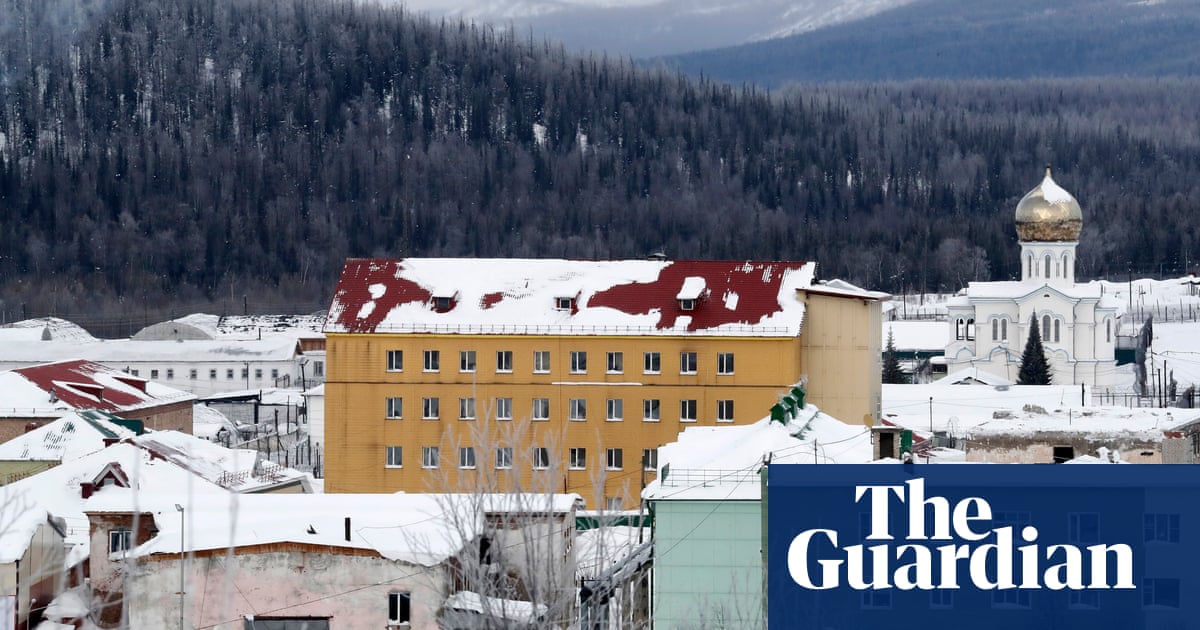
The Russian opposition leader Alexei Navalny has called on the EU to impose sanctions on Kremlin-linked Russian oligarchs including the Chelsea football club owner Roman Abramovich, calling Vladimir Putin and his entourage “a bunch of criminals who temporarily took over power” in the country.
Navalny was one of four Russian opposition politicians to address the European parliament’s foreign affairs committee on Friday by video link. He is recovering in Germany from a poisoning attempt in August but has said he plans to return to Russia.
He fell ill on a flight from Tomsk in Siberia to Moscow, and German specialists determined he had been poisoned with a novichok nerve agent. He has accused Putin of ordering his poisoning, a claim the Kremlin has denied.
Navalny, who has spent years investigating corruption in the Russian political elite, said that instead of targeting those directly responsible for executing criminal orders, a more powerful move would be to target the Kremlin’s financial pillars.
“There is no sense to sanction colonels or generals or people who are definitely not travelling a lot or have bank accounts in Europe,” he said, speaking in English. Navalny singled out the billionaire metals magnate and former Arsenal shareholder Alisher Usmanov, and said “no one in the Kremlin will treat European sanctions seriously” as long as Usmanov could moor his yacht in Barcelona or Monaco. He said sanctions against oligarchs such as Usmanov and Abramovich would be welcomed by 99% of Russians.
“Just target Russian oligarchs. Just tell Mr Usmanov, Mr Abramovich … ‘Guys, you are acting against Russian people, you are acting against Europe, you are all of the time advocating that Europe is something bad. So please, take your yachts and get them somewhere to the nice harbours of Belarus Republic.”
Usmanov has in the past reacted furiously to Navalny’s investigations into him, denying charges of political corruption. A spokesperson for Usmanov’s holding company declined to comment on Friday, as did a spokesman for Abramovich.
The hearing also discussed next year’s parliamentary elections in Russia, and Navalny called on European politicians not to recognise the vote if opposition forces were not allowed to participate. In many recent elections, political forces outside of a group of largely Kremlin-friendly “systemic opposition” parties have been barred from standing.
Urmas Paet, the vice-chair of the parliament’s foreign affairs committee, said the EU needed to come up with a “thorough reassessment” of relations with Russia, based on events of recent years. He said it was important that the parliament was seen to “stand with Russian citizens in the fight for a freer, more open and democratic Russia”.
This kind of messaging is likely to be seized on by Russia’s state-controlled media to show western meddling in Russia’s internal affairs, and taking part in such a discussion was a notable change of tactics from Navalny. Prior to the poisoning, he almost always declined to engage with western politicians or panels and rarely spoke English in public, in part an attempt to make it harder for the Kremlin to paint him as a puppet of western interests.
He now appears to have decided he has nothing to lose by doing so, and he said he was touched by the warm words from many European politicians in the aftermath of his poisoning. “I’m definitely not the first one, and unfortunately I will not be the last one who is poisoned or killed, and it is extremely important for the Russian people to know Europe and the European parliament will not keep silent on such events,” he said.












